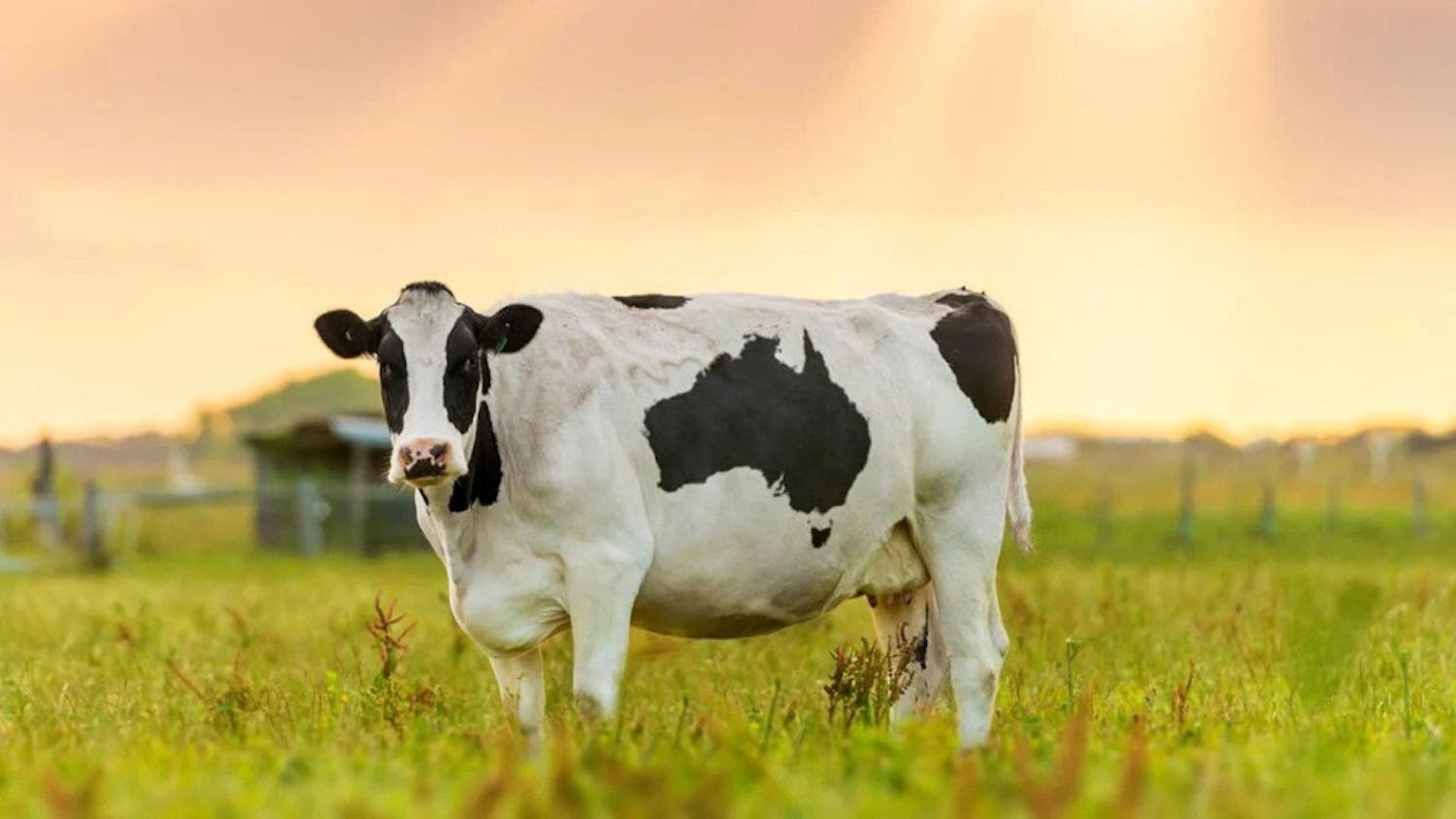These days, there’s a lot of talk about what it means to be American and returning to American values. However, it seems to me that much of this rhetoric glosses over, disguises or neuters the nation’s history. There are numerous ways in which America has not been a single monolithic brand of American, but one of the most compelling is the fact that America has struggled with ethnicity and race.
We can talk about the long history of divisions that started with White, Black and Red, and gradually expanded to Brown and Yellow. However, I think it is best to show not how America has struggled for equality, but how it is struggling.
True, some of us throw up our hands and bow at the idol of post- racialism, its most important prophet the idea but not the person of an African-descended president. I think that is a farce. As much as we have become an inclusive society, not as overtly batting an eye to the follies of race or the oddities of accent and last name, we have still not erased our racisms. In fact, we make more of them.
September 11 was important for several things: the war on terrorism, the rise in importance of homeland security, the first attack on our mainland. However, it is also the point in which we began a predictable, ugly and preventable trend: intense racism toward South Asian, Iranian and Arab Americans. They appeared like the offending terrorist and so they were treated like potential terrorists. Some disgruntled citizens even took matters into their own hands. Cases of murder, assault and battery and property destruction as a result were reported.
To make matters worse, police discrimination in the form of unwarranted arrests and searches have also fallen upon a stereotyped myriad of communities. If we’re honest with ourselves, this is part of the American way. When we go to war with others, we demonize their distant descendants at home. With a case as ill defined as the war on terrorism, it is no wonder that a fuzzy group of dusky people is the target.
The economic downturn, and partially our newly enhanced border anxiety, contributed to another burgeoning racism in America. In this case the target is the massive collection of Latin Americans living in and arriving in the country. Many would brace themselves with the idea that it is not immigrants as a whole, but illegal immigrants that they oppose. For some this may be true, but the vast majority of anti-illegal immigration talk seems like badly disguised bigotry. The fact is not that illegal immigrants are breaking the laws of American morality, but that they do not look or sound to a sector of Americans like people who would deserve it anyway. National attention has been rightfully brought to bear in the case of Arizona’s immigration laws. I dare anyone to personally identify which of several people is a possible illegal without the use of racial profiling.
Problems persist with other groups and racism against Blacks, East Asians and Natives is no light matter. They say acceptance is the first step. Americans are not equipped to deal with ethnic difference and so demonize it or laugh nervously. So much of this is the fault of not constant, but sporadic efforts to make us used to each other. We can go to school with those ethnically or racially different, but do we return to neighborhoods containing them? Do we shop in places they would shop? Do we avoid them out of expected malice?
Someone may call out that we are not the same country we were during the 1950s. This is true. There are no separate bathrooms or water fountains. There is no insuring that minorities are kept out of the higher income brackets. There is no open display of racial slurs; there are no more openly condoned lynchings. The world is a great deal different. However, there are still multiple cases of loan denial and borrowing rate increases for minorities. There is widespread housing segregation. There is an inexplicably low level of social interaction.
And so the question arises: What do we do about it? Do we stop talking about it with the expectation that the issue will evaporate? It’s a difficult thing. In some cases, it is the society’s complete inability to accept others. In still more cases, it is the stubborn survival of a different group identity that meets into an equally stubborn society. If we aim to keep the whole melting pot deal, we can’t force them all to become like us. If we seek to accept others, how can we do that except by conceptualizing them through our lens? I have faith that America can find a way, but it’ll take a lot of work and humility paired with extensive education to do so. It’ll take more time.











